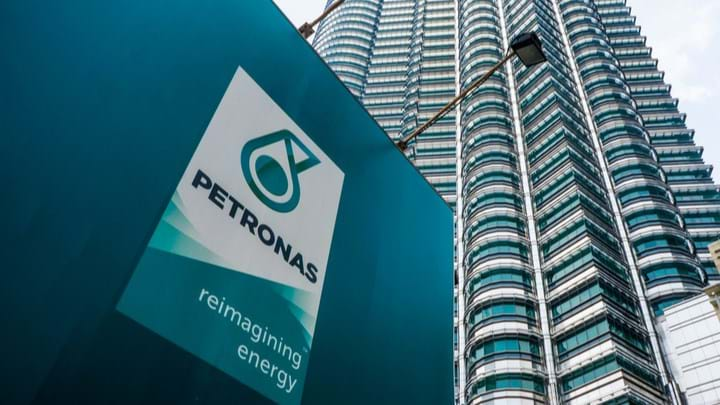Petronas aspires to be net zero by 2050

PETRONAS has said it aspires to achieve net zero emissions by 2050, becoming the latest oil and gas major to make an emissions reduction pledge.
Malaysia’s state energy firm said the target will intensify its efforts to reduce emissions from its own assets (scope 1 emissions) and indirect emissions produced by generating the power it uses (scope 2 emissions).
It will improve operations and apply new technologies to reduce emissions. Petronas said this will include reducing flaring and venting; capturing methane emissions; using more renewable energy; developing low- and zero-carbon fuels; and using CCUS at the high-CO2 fields that it produces oil and gas from.
"We are making this commitment to make a positive change – not only to ride the energy transition – but because a fundamental shift is needed and the organisation wants to be part of the solution, for the world that yearns for a path towards a more sustainable future." said Petronas CEO Tengku Taufik.
Petronas made no reference to eliminating the emissions produced by customers using its products (scope 3 emissions), such as burning the fuel it sells. It also did not explain how the target would impact its exploration and investment plans.
In an address to the ASEAN Energy Business Forum on 19 November, Taufik called for countries in the region to work together, despite their competing agendas for economic development and energy security, in a collaborative push for greener energy.
He noted that natural gas will remain core to Petronas as a cleaner source of fuel, and that it is exploring opportunities in clean hydrogen production.
Petronas’ aspiration to be net zero follows pledges from other oil majors including BP, Shell, Total, Repsol, Occidental, and Equinor.
In July, Carbon Tracker ranked these emissions reduction pledges. Its analysis, which accounted for whether the targets were for absolute or relative emissions reduction and what scopes were included – ranked Eni, Repsol and BP as having the most impactful policies.
Shell and Total were marked down for setting a carbon intensity reduction target rather than an absolute cut. ExxonMobil came bottom of the list as its reduction targets only cover operational emissions related to its investment in the oil sands producer Imperial Oil.
Carbon Tracker also published a report in October called Fault Lines that assessed the proportion of assets that are at risk of becoming stranded if climate change is limited to 1.6 °C. It found 50-60% of BP’s portfolio is at risk compared to 80-80% for ExxonMobil and Equinor.
Recent Editions
Catch up on the latest news, views and jobs from The Chemical Engineer. Below are the four latest issues. View a wider selection of the archive from within the Magazine section of this site.




